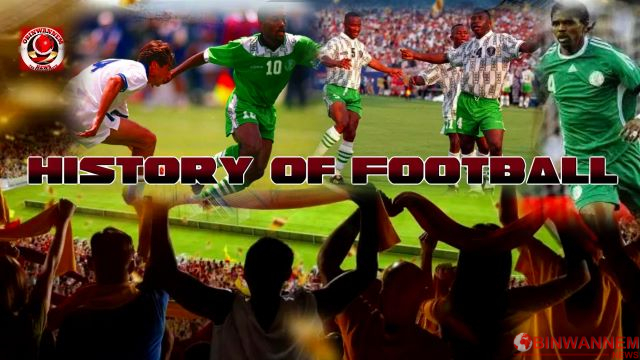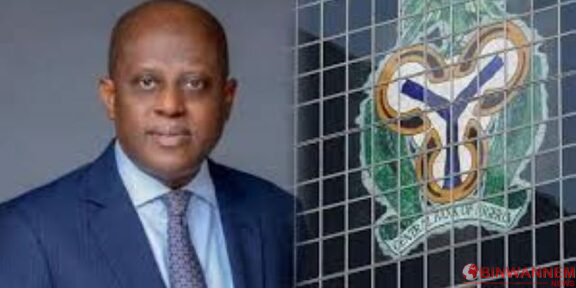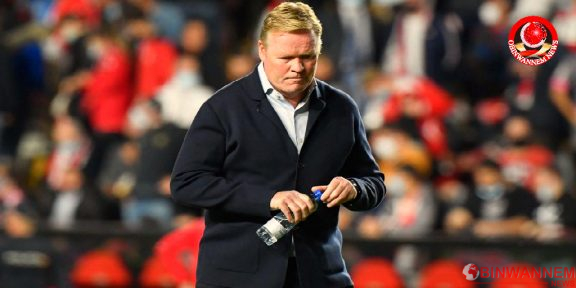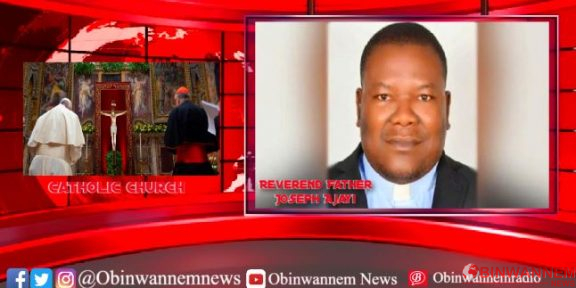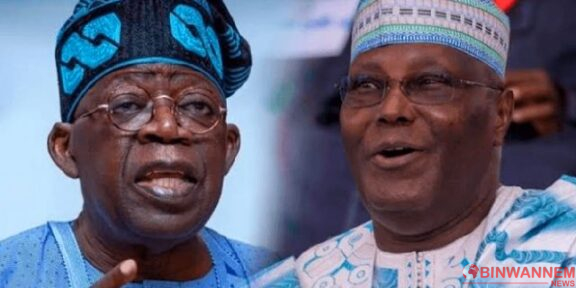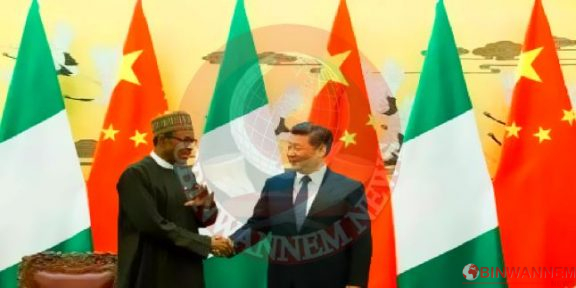Sports: The Evolution and Rich History of Football
Football, also known as soccer in some parts of the world, is the most popular sport globally, capturing the hearts of millions of fans.
With its roots dating back several centuries, football has undergone a remarkable transformation to become the global phenomenon it is today. Continue reading as we delve into the fascinating history of football, tracing its origins, significant milestones, and the impact it has had on society.
The origins of football can be traced back to ancient civilizations. Games similar to football were played in China, Greece, and Rome, but it was in medieval Europe that the sport began to take shape. In the 9th century, a form of football known as “mob football” emerged in England. These early versions of the game involved large groups of players from rival villages attempting to move an object, usually a pig’s bladder, towards a specified goal.
As football gained popularity and spread across Europe, various regions developed their own set of rules. The need for standardization resulted in the formation of the Football Association (FA) in England in 1863, laying the foundation for the modern game.
The FA established a standardized rulebook, which served as a template for football associations worldwide. The birth of international football occurred in 1872 when England and Scotland played the first official international match. This landmark event paved the way for the establishment of international competitions, including the FIFA World Cup, which began in 1930.
In the late 19th century, football began to shift from an amateur pastime to a professional sport. The introduction of leagues and the emergence of professional clubs transformed the game. The Football League was founded in England in 1888, followed by other leagues in Europe and beyond.
The formation of leagues provided a platform for clubs to compete regularly and fostered intense rivalries. The 20th century witnessed the globalization of football, with the sport spreading to different continents. FIFA (Fédération Internationale de Football Association), founded in 1904, became the governing body for international football and played a crucial role in promoting the game worldwide.
The establishment of continental competitions, such as the UEFA Champions League and the Copa Libertadores, further elevated the sport’s popularity. Football has always been more than just a game; it has had a profound impact on societies worldwide. It has transcended boundaries of class, race, and nationality, bringing people together through their shared love for the sport.
Football has the power to unite communities, instil national pride, and provide a platform for social change. Historic moments on the football field, such as Pele’s mesmerizing performances, Maradona’s “Hand of God” goal, and the iconic “Battle of the Maracanã” in the 1950 World Cup, have become etched in the collective memory of football fans.
Football’s history is a testament to the remarkable journey the sport has undertaken. From its humble beginnings to its global dominance, football has captivated hearts and minds around the world. Its ability to bring people together, transcend cultural differences, and create moments of joy and passion is what makes it a beautiful game.
As football continues to evolve, its history remains a source of inspiration for players, fans, and those who appreciate the immense impact the sport has on our lives. Football’s legacy is a testament to the power of sport to bridge divides and create lasting memories for generations to come.
Written by, Jideofo Okibe,(Obinwannem News correspondent Enugwu State)
Date: March 10, 2024
Ubochi Afo Ani
Published by, Ngozi Odoh (Obinwannem Nsukka Office Secretary)


